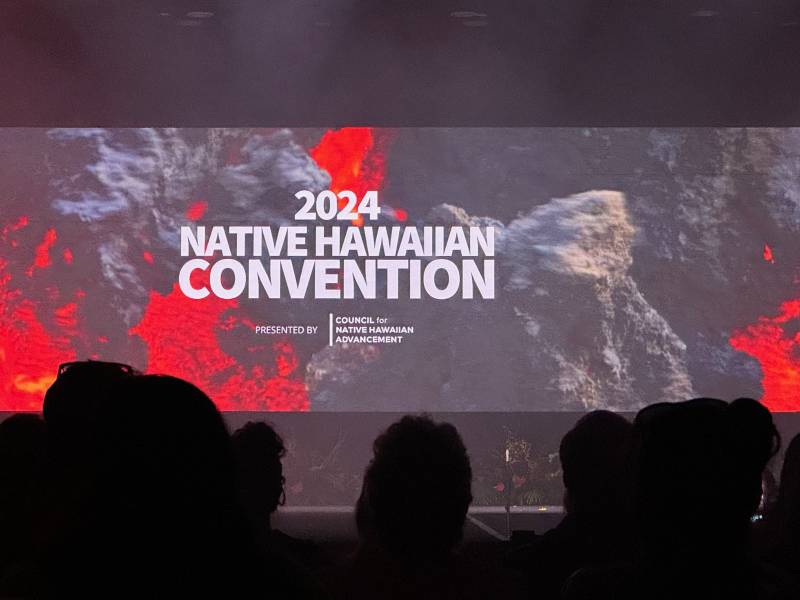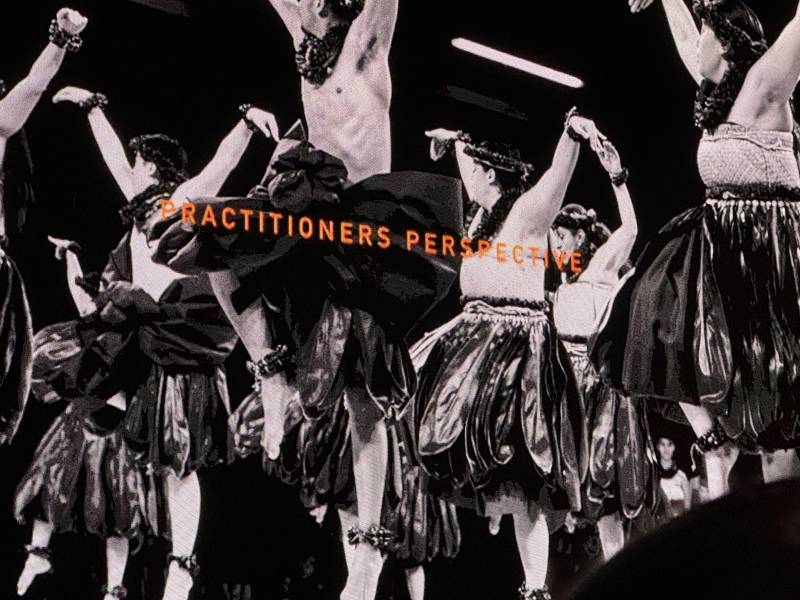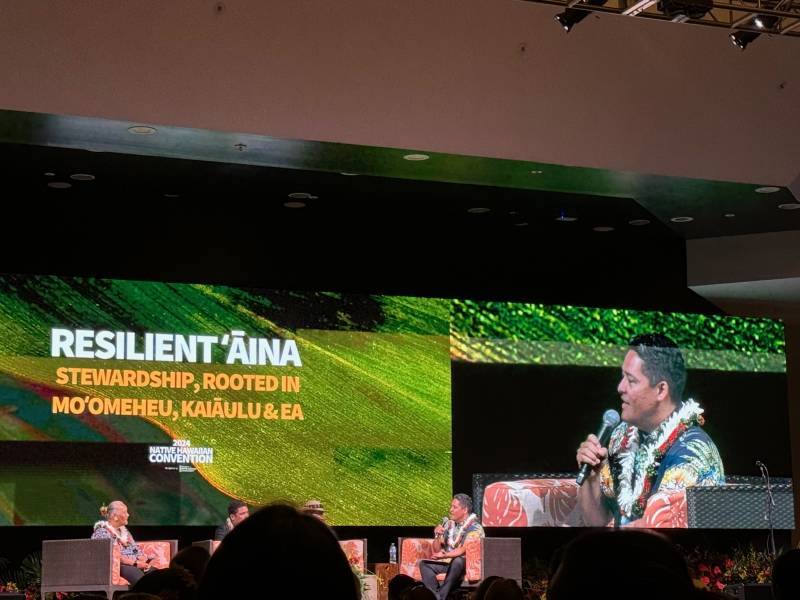Land Use, Tourism, Fashion, and Paniolo Culture – 2024 Native Hawaiian Convention
What does the future of Hawaiʻi look like? What does the future of Hawaiʻi Island (the “Big Island”) look like?
Last week I attended the 2024 Native Hawaiian Convention at Waikoloa Beach Resort and heard from panels and speakers on many of the same issues and topics I write about here on the Hawaiʻi Life website: land use, conservation, tourism and the future of short-term vacation rentals, fashion, and the unique ranching culture of Hawaiʻi. General Session speakers included the United States Treasurer, the Hawaiʻi Governor and First Lady, CEOs of of both for-profit and not-for-profit organizations, cultural practitioners and paniolo (Hawaiian “cowboys” both men and women).
It was important for me to listen, learn and engage as Hawaiʻi Lifeʻs Director of Conservation and Legacy Lands. It was also important to me as a broker who brings newcomers to Hawaiʻi and feels responsible for educating malihini on what to expect and how to integrate into your new community.

The 2024 Native Hawaiian Convention took place at Waikoloa Beach Resort on Hawaiʻi Island, drawing over 2,000 participants for three days of sessions and cultural presentations
What the Future of Hawaiʻi Looks Like for Visitors
This annual convention is organized by the Council for Native Hawaiian Advancement – a non-profit organization that serves many functions – as a native CDFI (community development financial institution), in workforce and small business development, and recently through a contract awarded by the Hawaiʻi Tourism Authority, in a destination management role for the visitor industry.
Notably, the Hawaiʻi Tourism Authority itself, as well as the Hawaiʻi Visitors and Convention Bureau, are all currently led by native Hawaiians. Their panel discussion showed a clear focus on two trends for the visitor industry: a more authentic, culturally grounded experience for visitors, and a regenerative model in which tourism serves the needs of and supports the vitality of local communities.
Tourism is acknowledged as making an important economic contribution to Hawaiʻi — but the consensus is that 10 million visitors per year is unsustainable. Expect a more curated experience with a focus on local food, local culture, local design and artistry.

Whatʻs next for tourism – one focus will be a more authentic experience for visitors to Hawaiʻi, curated by cultural practitioners
What the Future of Hawaii Looks Like for Residents and Real Estate
As a profession, our advertising of real estate properties often relies on the notion that you can “make your dreams come true!” As I have written before in these pages, the truth may be more complicated and uncomfortable. Not every dream fits comfortably within the context of culture, community and self-determination that infused every session last week, including those featuring the Governor and First Lady, and the Hawaiʻi County Mayoral Candidate Debate. Governmental policies are more focused than ever on making sure that residents born and raised in the islands have a future in the islands, stemming the outmigration by creating more housing and jobs for locals.

Panel discussion on fostering collaboration between landowners and community so that land is restored and stewarded in support of thriving communities, with direction from those who know it best.
If anything, the conversations around what will be built in West Maui after the tragic Lahaina fire of 2023 are highlighting a direction we will likely see for development across Hawaiʻi: more affordable and attainable housing for local residents, less new development for the second home and luxury markets, and further restrictions on short term rentals.
In the Hawaiʻi conservation world, the future looks bright. Although most of our practice at Hawaiʻi Life is focused on what I now see as the easy part, the conservation transaction — once the lands are protected, they need to be stewarded. That stewardship is best informed by modern science, but led by those who know the land best, and who will be committed to its stewardship for generations to come. If you are interested in a conservation purchase in Hawaiʻi, please view it as an opportunity to learn and become a part of a thriving community and culture, rather than to bring your own past and practices to an environment others have been living with intimately for generations.

Leave your opinion here. Please be nice. Your Email address will be kept private, this form is secure and we never spam you.